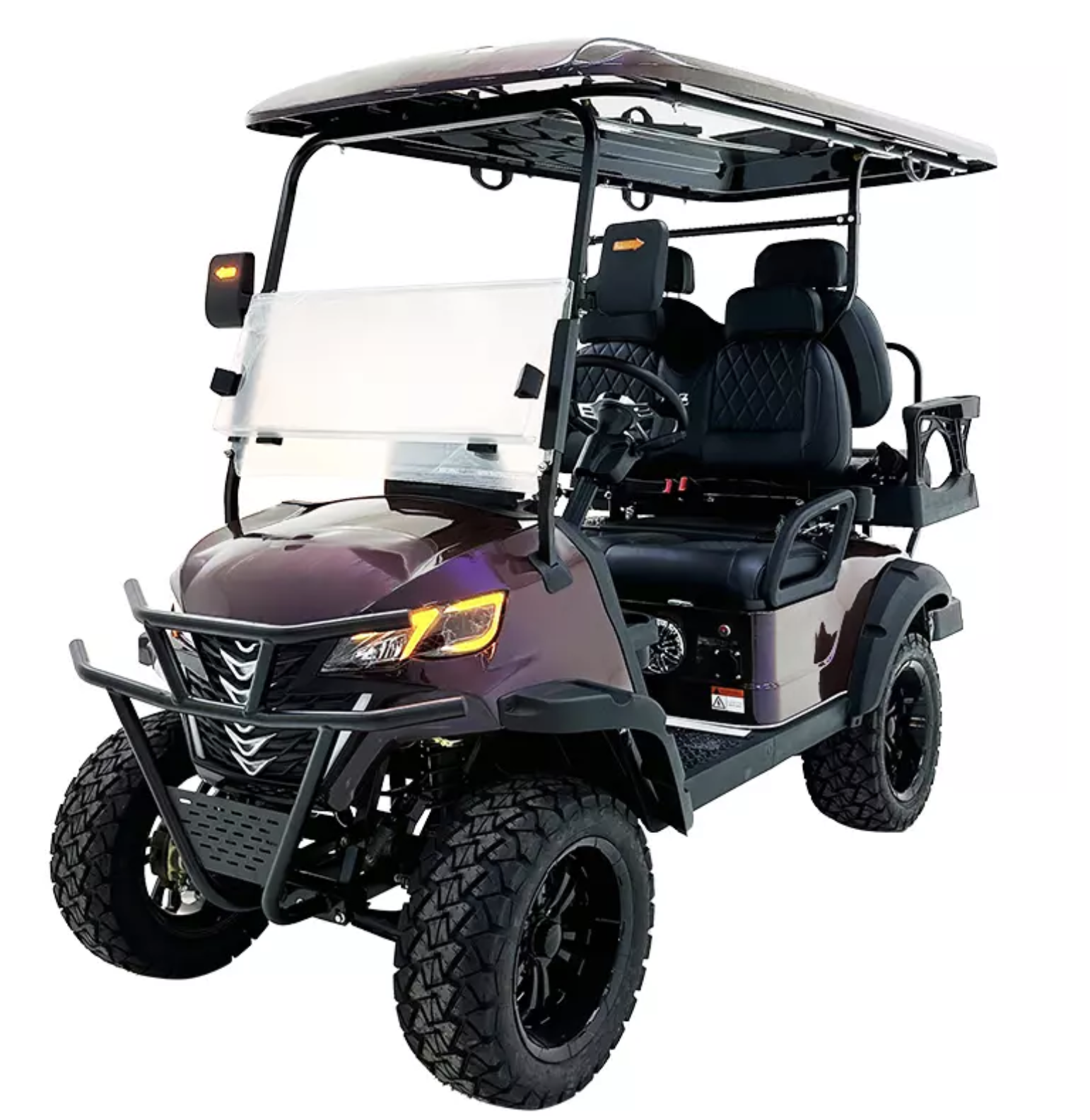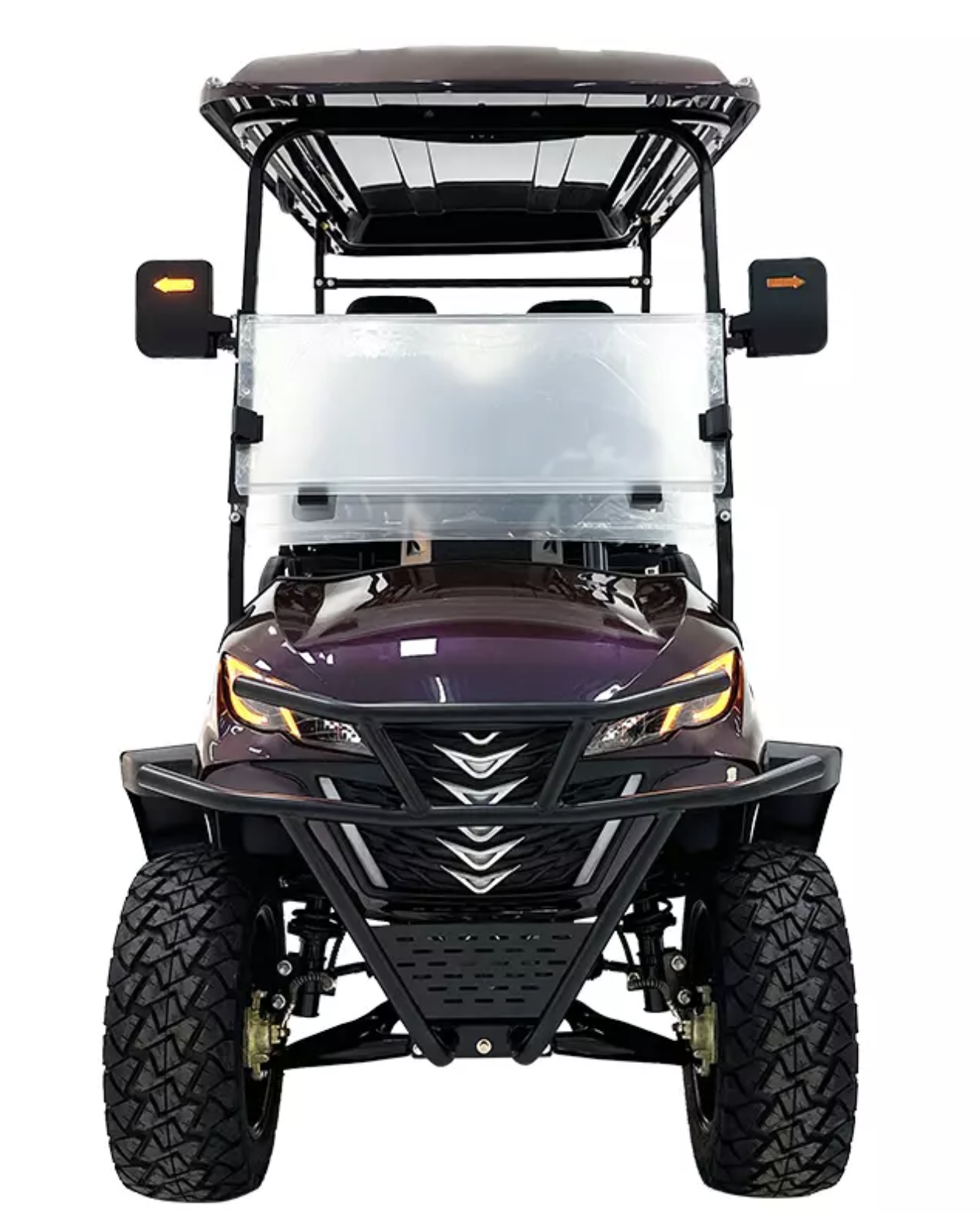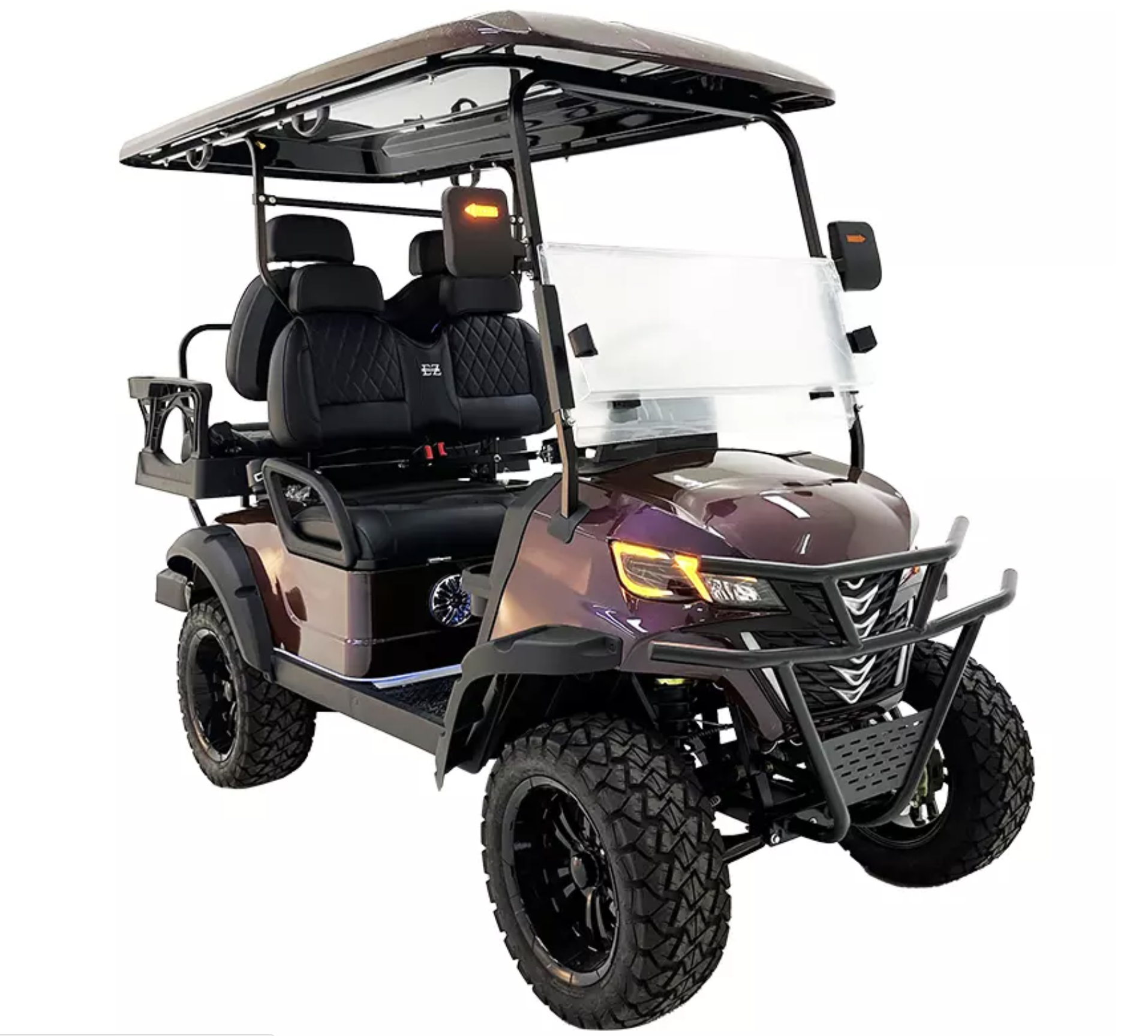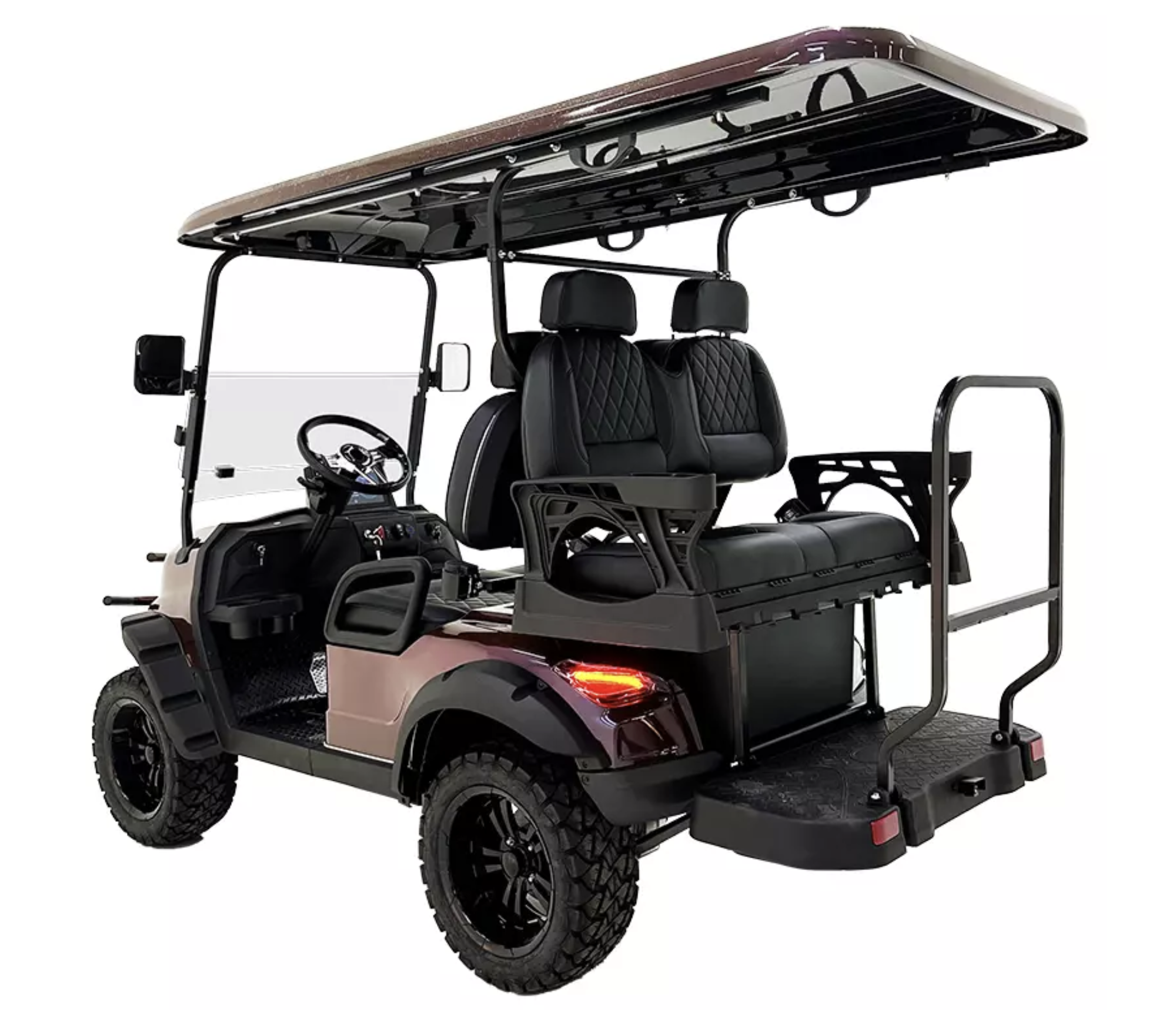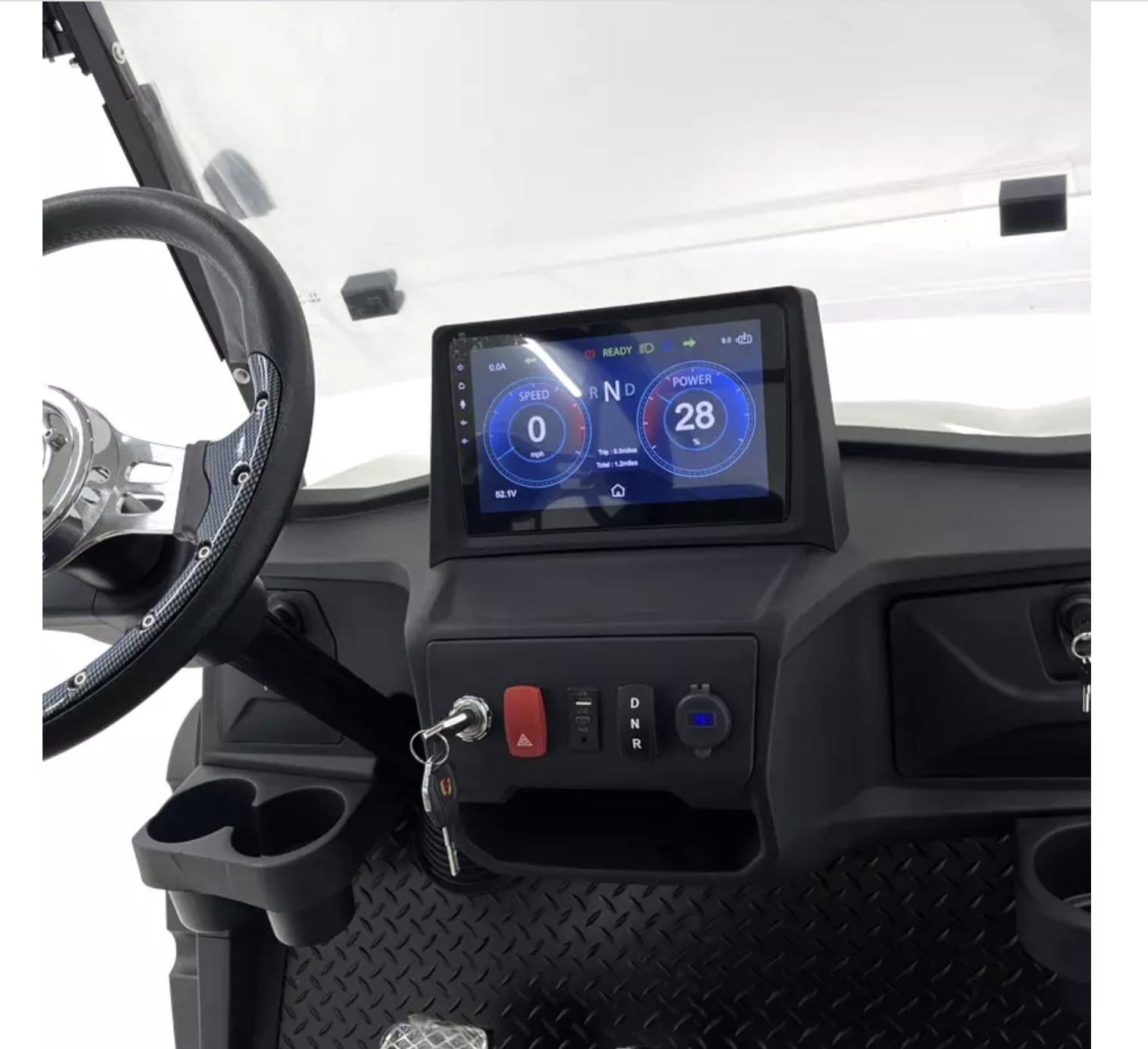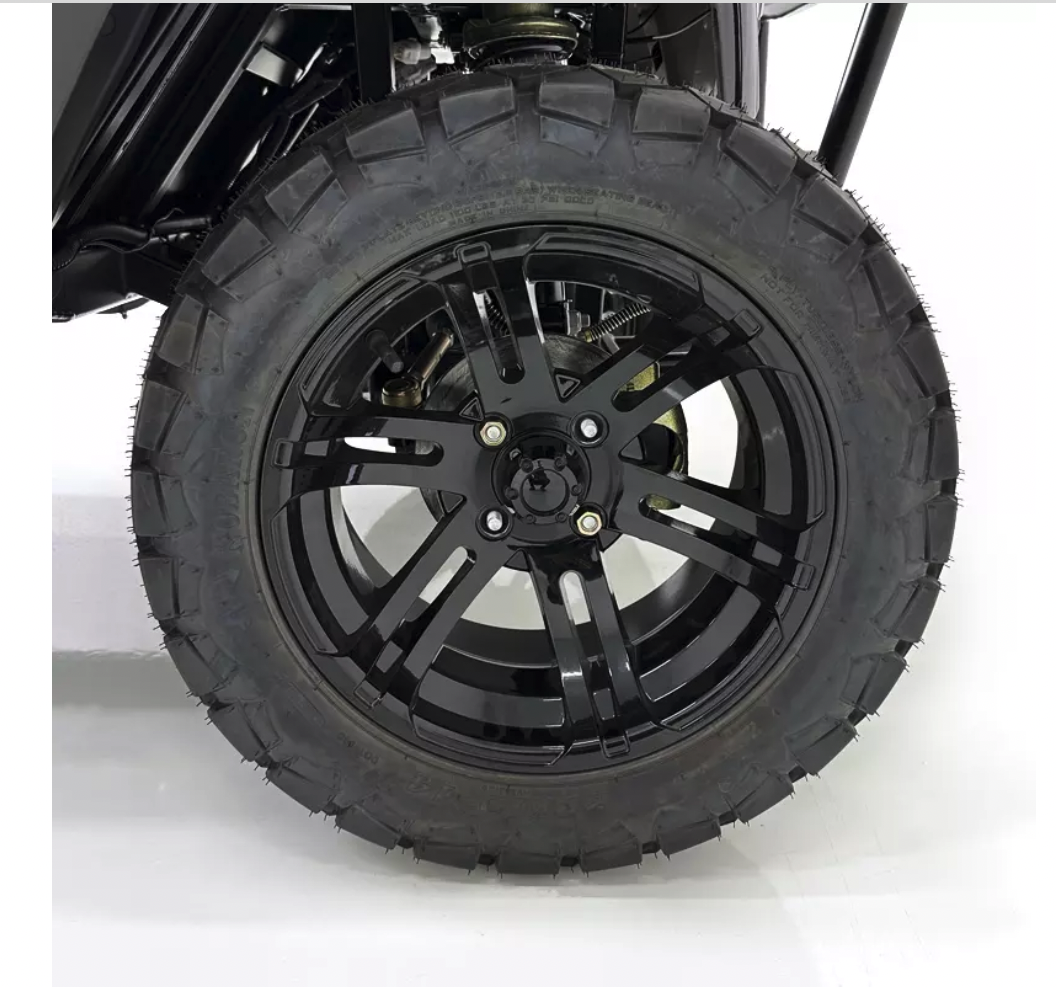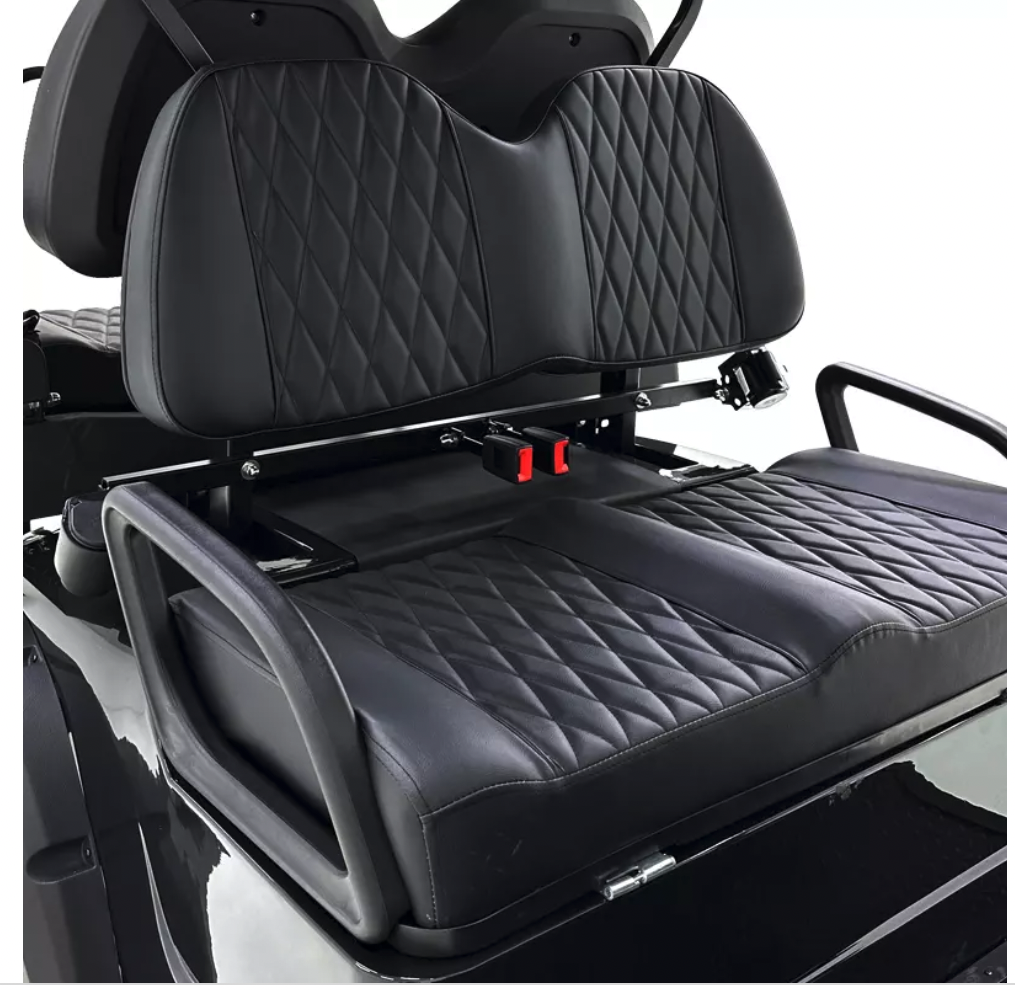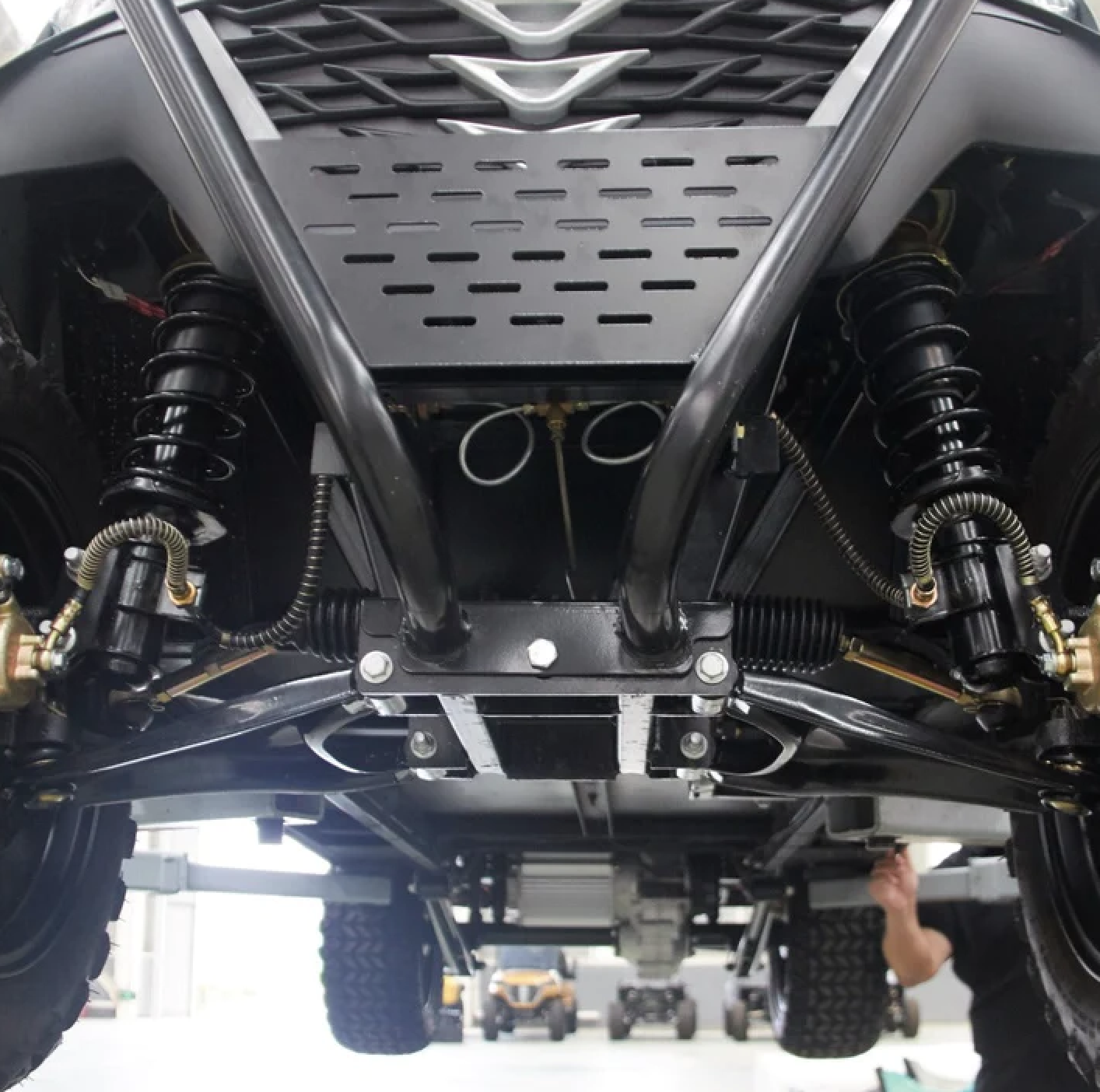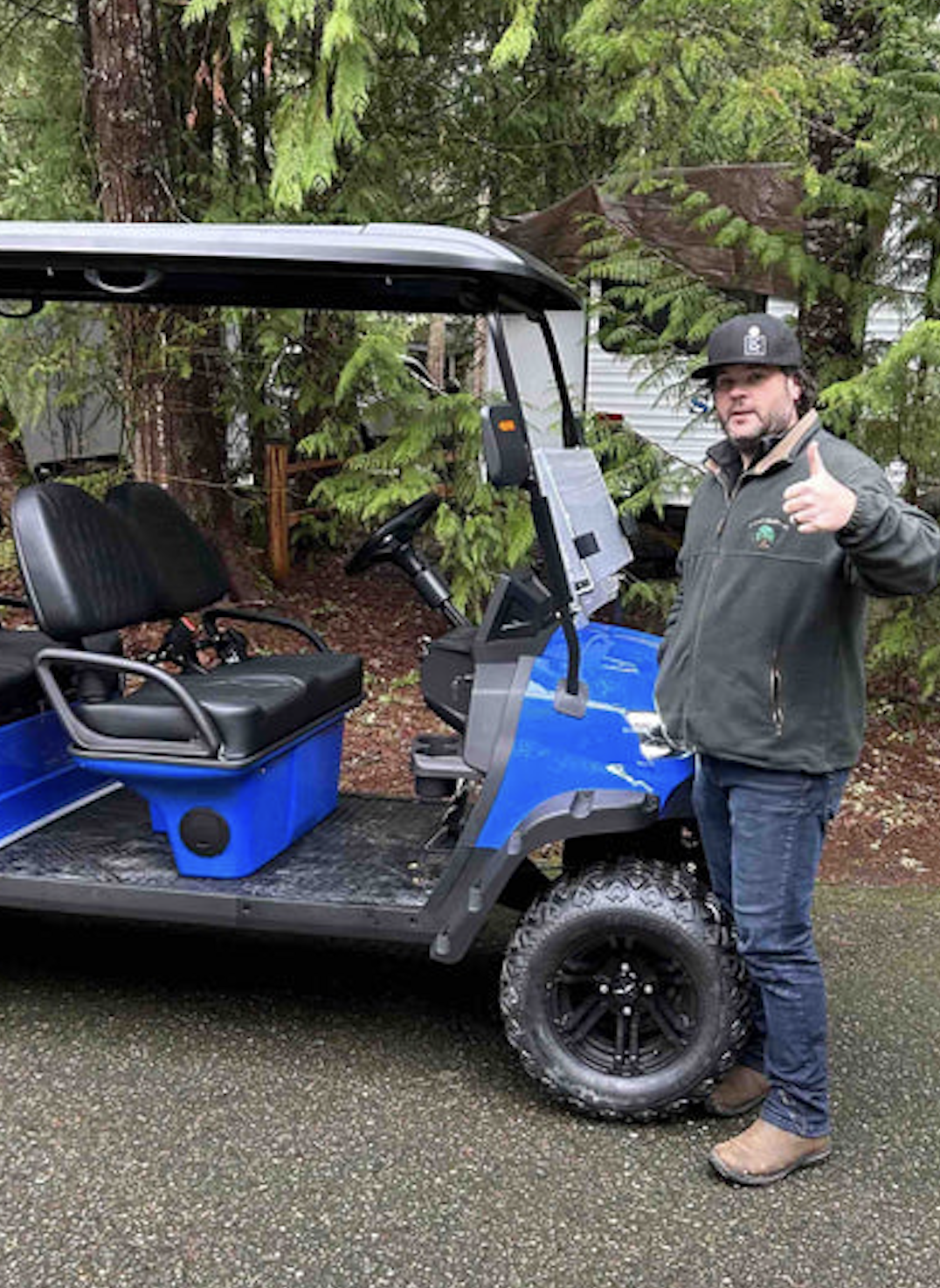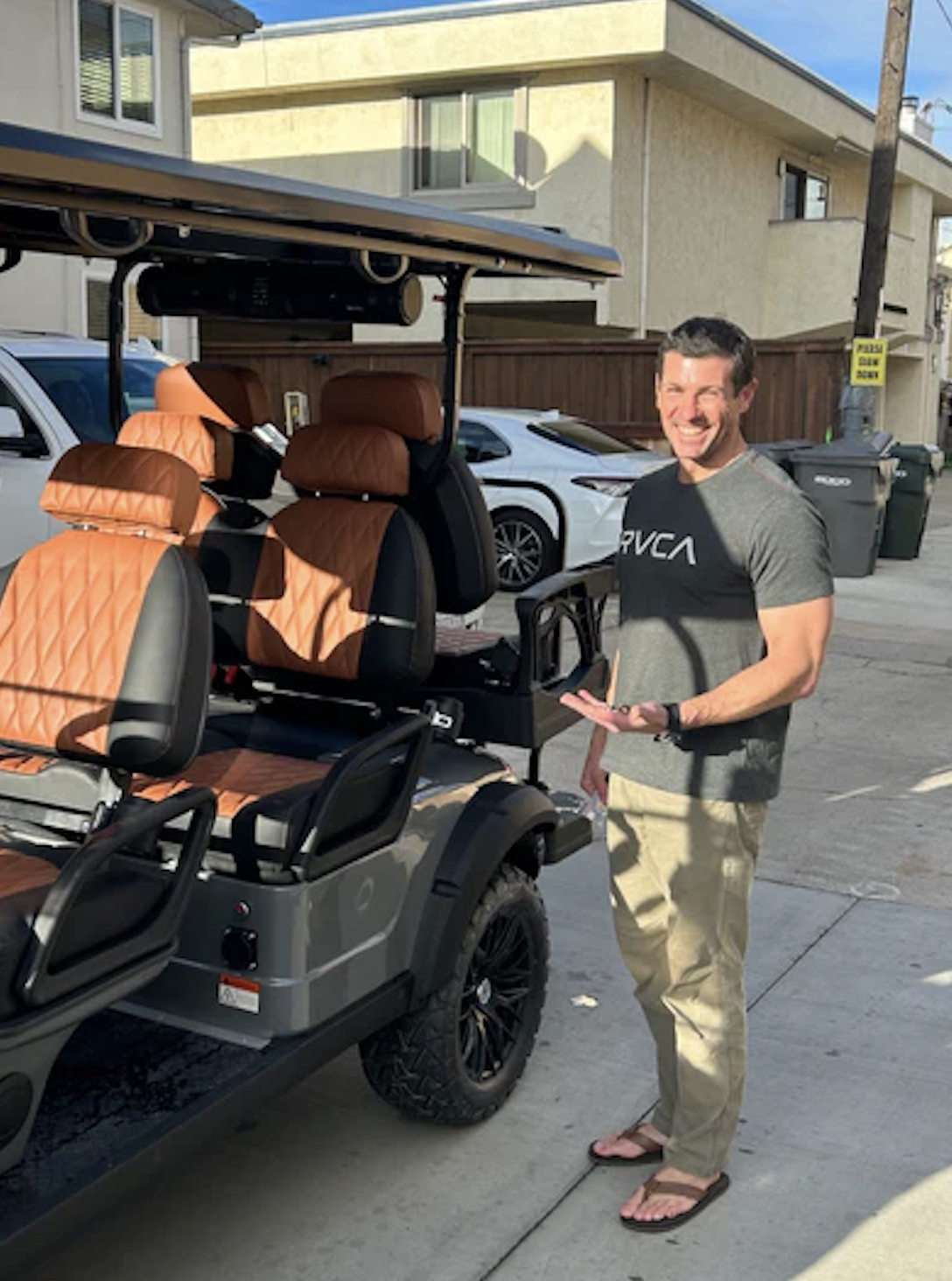Florida Golf Cart and LSV Laws in 2024
Florida, renowned for its numerous retirement communities, has become a hub for street legal golf carts and low-speed vehicles (LSVs). Recent legislation has been enacted in the state to regulate the use of both golf carts and LSVs. Before acquiring a new vehicle for transportation, it is crucial to familiarize oneself with the applicable rules and regulations in Florida. Let's delve into the distinct laws governing these modes of transport.
Golf Carts vs. LSVs: Understanding the Difference
While golf carts and low-speed vehicles may appear similar to standard vehicles, they have distinctions, especially in Florida. Notably, operating a low-speed vehicle requires an operator's license, unlike a standard golf cart designed for golf courses, which has more lenient regulations.
Florida statute mandates that an LSV must be four-wheeled, electric, capable of speeds over 20 mph but not exceeding 25 mph. Golf carts falling under this category must possess an official tag issued by the DMV. Drivers must also carry insurance, and LSVs are treated similarly to cars, trucks, or vans in the eyes of the law. They can operate on roads with a speed limit of 35 mph or lower.
On the other hand, electric golf carts at local courses typically do not exceed 20 mph for safety reasons. Individuals aged 14 and older can drive golf carts on designated roads, usually found in residential neighborhoods.
Golf Cart Laws in Florida
In Florida, individuals can legally operate a golf cart starting at the age of 14, subject to certain restrictions. Golf carts are limited to specific types of roads and can only be driven from sunrise to sunset, unless specified otherwise by local regulations. Even without a formal driver's license, drivers are accountable for damages and can face legal consequences for operating under the influence.
Insurance coverage is recommended for golf cart drivers, especially for those permitting their teenage children to operate these vehicles regularly.
LSV Laws in Florida
Unlike the relaxed golf cart laws, LSV laws in Florida are stringent. Considered akin to standard vehicles with limitations, LSVs are not allowed on roads with speed limits exceeding 35 mph. Night-time driving is often restricted, even with equipped lights. A licensed driver aged 16 or older is required to operate an LSV, which must pass inspection.
Personal Injury Protection and Property Damage Liability insurances are mandatory for LSVs, and any alcohol-related offense is treated similarly to other vehicles. Some cities may have specific laws for LSVs, providing more leniency, and these regulations are usually available on the city's official website.
Registering an LSV with the DMV
To register an LSV with the DMV, certain documents are required, including the Manufacturer's Certificate of Origin, Form HSMSV 82040 (application for title), proof of Florida insurance, identification, and funds for applicable fees.
Conclusion
As Florida continues to attract residents, golf carts and low-speed vehicles are increasingly considered safe and efficient means of transportation in residential areas. Adhering to the established laws ensures the safety of the community, despite the vehicles' lower top speeds.


